Readings don't just happen. I mean, you usually have to hustle your butt off to get one, but sometimes they fall in your lap, like this one did. But that doesn't mean you just show up, crack open your book, and start reading. Oh no. This is a performance.
Even if you're reading from a specific story or novel, choose your passage wisely. With novels, the first chapter is a good idea, but you won't have time to read it all unless it's a very short opening chapter. The same is true of short stories. The story I'm reading Thursday was only 3500 words, but there was no way I can read the entire thing in fifteen minutes.
Or can I?
First thing I do to prepare for a reading is to read through the entire story to check how long it runs. My reading rate aloud is about 150 words a minute. Given 15 minutes, that's almost 2500 words. My choices are to leave the audience hanging somewhere mid-story or to
After four tries, I pared the story down to 2300 words without sacrificing much. Read aloud, that's 13 minutes. The extra time gives me space for a short intro to the piece (Really short. Like one sentence. Amie Evans and Toni Amato would be proud that I learned so much from their reading seminar at Saints and Sinners) and time to pause for audience reaction. I learned that at the first reading I did. People laughed for a long time at passages that I thought were only a little funny. Maybe it's my delivery.
So now after reading through it four times, my voice is ready to give out, but I know I can do it in the allotted time. Tomorrow I'll practice it twice and then I won't read it again until I'm in front of the crowd. The last thing I'll do is print it out in bold, large font with a few stage directions. (Again, it's a performance. Nothing too dramatic, but movement is important. That deer in the headlights look is no good in front of a crowd.) Now if I could only figure out how to stop from blushing madly, I'd be set.










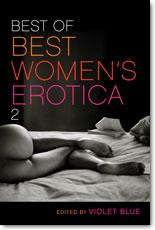

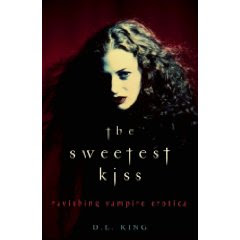


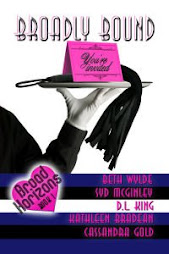.jpg)
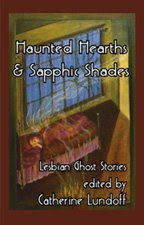

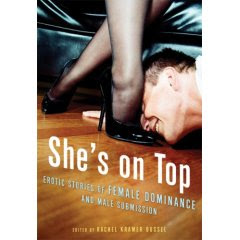








No comments:
Post a Comment